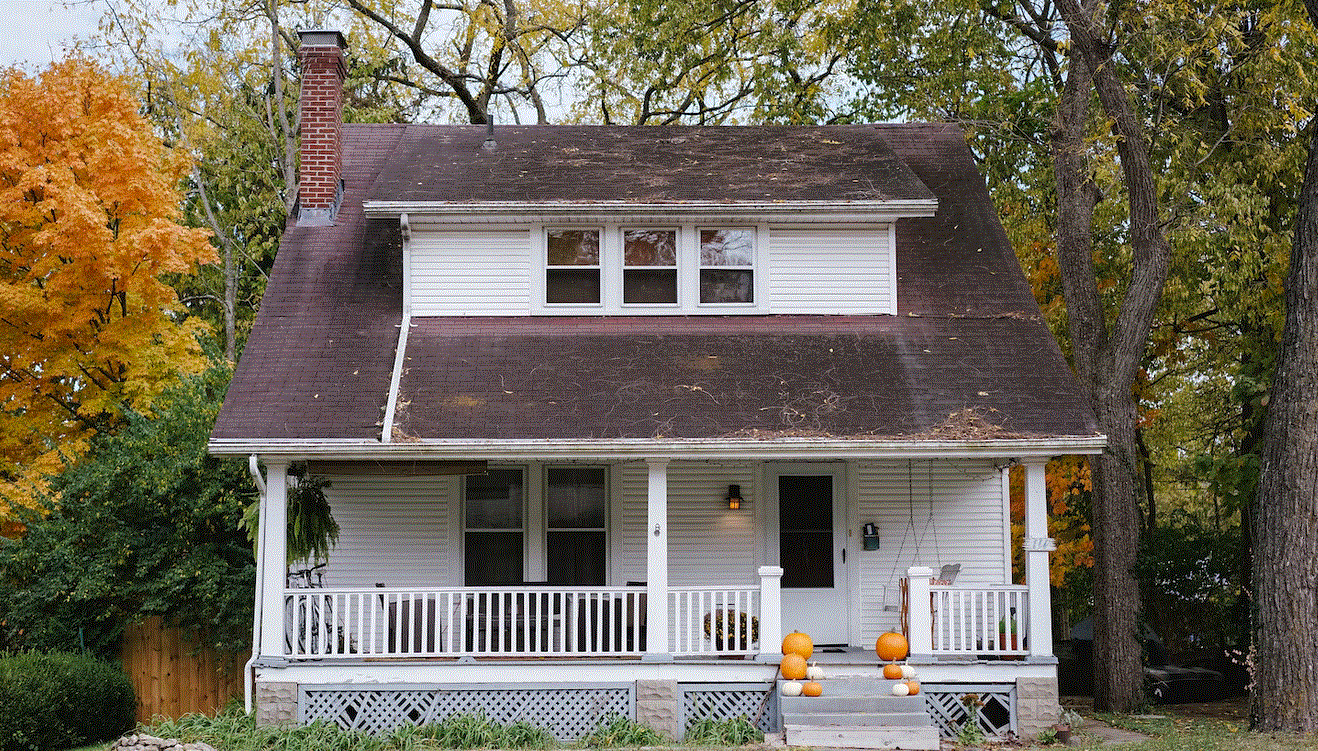MAINE - Maine real estate has experienced an upswing in value over the past several years, but is this real estate boom good for Mainers? Many factors may contribute to this upswing, including rising gas prices, increased interest rates, and the growing work-from-home trend.
Rising Gas Prices
Rising gas prices in Maine have made the state's real estate market more competitive. However, the trend is not as smooth as it seems. In the past, gas prices have gone down for several months, but prices are now increasing again. While this trend isn't expected to continue, it may be a good sign.
Rising gas prices will impact the housing market in a number of ways. First, it will drive down demand for homes in suburban areas. Long commutes aren't nearly as important as more people work from home. Secondly, as many people work from home today, the number of people who need to commute to work will reduce. However, it isn't clear whether this trend will last, but it is a risk that may affect the housing market in the state.
Rising Interest Rates
As interest rates continue to rise in the United States, the housing market in Maine may suffer. While the overall demand for homes is still very high, the supply is quite low. In the last few years, prices of homes in Maine have increased considerably. A starter home in the state can now cost as much as $180,000. Even in the rental market, prices have risen.
According to Matthew Pointon, senior property economist at Capital Economics, mortgage rates will increase to 6.5% by 2023, assuming that house price growth stalls around mid-year. However, mortgage payments will remain above their mid-2000s high until that point. Melissa Cohn, regional VP of mortgage lender William Raveis, says the only way mortgage rates could hit eight percent in 2023 is if the Federal Reserve plans to fight inflation by raising short-term rates to unprecedented levels.
New work-from-home trends
With the recent COVID health crisis, many employers have changed their workforce arrangements. While most of the time, this meant working from home, many employees proved they could work from anywhere. Fortunately, technological advances made it easier for employers to hire workers at home and reduce office space. In addition, a growing number of employees will work from their vacation homes or the homes of relatives in other states.
Inventory shortages
The state of Maine's housing market is experiencing a slowdown, primarily due to a shortage of available inventory. Rising interest rates and increased listing prices have pushed down the number of homes available for sale. The number of homes for sale has fallen in most areas nationwide, and in Maine, the number of homes on the market is down to more than a million. The shortage of housing inventory in Maine could also be a precursor to a cooling housing market. Signs of this cooling include falling sales and lower competition for listings.
In June, nearly 1,700 homes changed hands in Maine, the second-highest number since July 2017. Although prices have risen by 10.8 percent, the market remains dominated by a lack of inventory. In July 2021, prices rose by nearly 20 percent, while sales fell by 20.2 percent.




